Having spent nearly three decades in the world of lutherie, I’ve learned that a guitar’s origin is more than just a label; it’s a key factor that influences its sound, playability, and even its soul. When it comes to Epiphone guitars, the question of where they are made is a frequent topic of debate among musicians and enthusiasts alike. I’ve personally walked this path, diving deep into the details of Epiphone’s manufacturing processes to better understand these beloved instruments. Drawing on insights from seasoned professionals and experienced players, I’ve explored the evolution of Epiphone’s production locations and the impact this has on their craftsmanship. Through countless discussions with industry insiders and testing various models myself, I aim to demystify common concerns and questions. So, whether you’re a budding musician eyeing your first purchase or a seasoned guitarist curious about the origins of your sound, this exploration is for you.
Who Makes Epiphone Guitars?
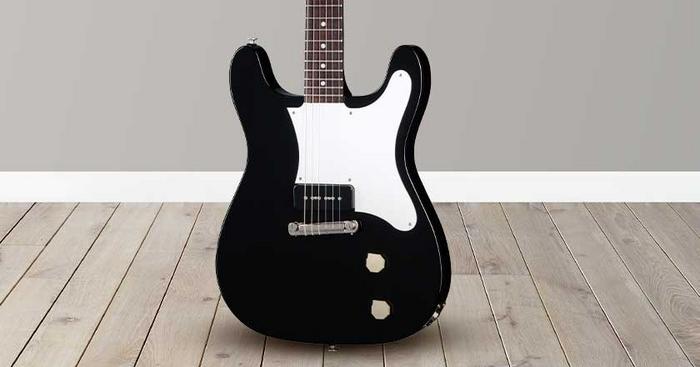
In my work as a luthier, understanding the craftsmanship behind a brand is as crucial as the materials used. Who makes your guitar can often tell you a lot about its quality. Ever wondered who stands behind the craftsmanship of your favorite guitar designs? As someone who’s spent countless hours dissecting guitars, this question always stirs my curiosity. When it comes to Epiphone, the answer is both fascinating and complex.
Epiphone is owned by Gibson Brands, Inc., a titan in the musical instrument industry. But unlike its parent, which primarily produces its iconic instruments in Nashville, Epiphone guitars are crafted around the world with a keen eye on maintaining quality while being accessible to a broader range of musicians. My journey through factories and workshops has taught me that it’s not just one set of hands, but a collaboration of artisans and skilled workers spanning different cultures and countries. These individuals bring diverse skills and innovation to each Epiphone guitar, making it a global endeavor in the truest sense.
You see, each worker imparts a little bit of their own passion into the assembly line, contributing to a unique blend of craftsmanship. This collaborative effort results in guitars that carry the hallmark of quality Epiphone is known for, making them favorites in studios and on stages worldwide. Through my experiences, I’ve come to appreciate that every Epiphone guitar is not just a product, but a testament to diverse hands working in harmony to produce exceptional music.
What is the Production Process of Epiphone Guitars?
Factories in China

What secrets lie behind the factory doors in China where many Epiphone models are crafted? In my exploration of global manufacturing processes, the Qingdao factory stood out. This facility, where many Epiphone guitars are meticulously crafted, plays a pivotal role in the broader production process. Made in China doesn’t just signify geographical origin—it’s a testament to precision and innovation in producing high-quality instruments. In Qingdao, the fusion of advanced techniques and traditional craftsmanship influences both the finish and acoustics of these guitars.
During my visit, I observed how each stage of production—from sourcing and shaping the best tonewoods to implementing cutting-edge technology for sound excellence—contributes to the final product. The palpable dedication and skill evident in these factories underscore why Epiphone’s reputation resonates with musicians worldwide. Delving into the art behind these processes not only highlights the complexities of production but also amplifies the value embedded in each instrument.
Factories in the USA
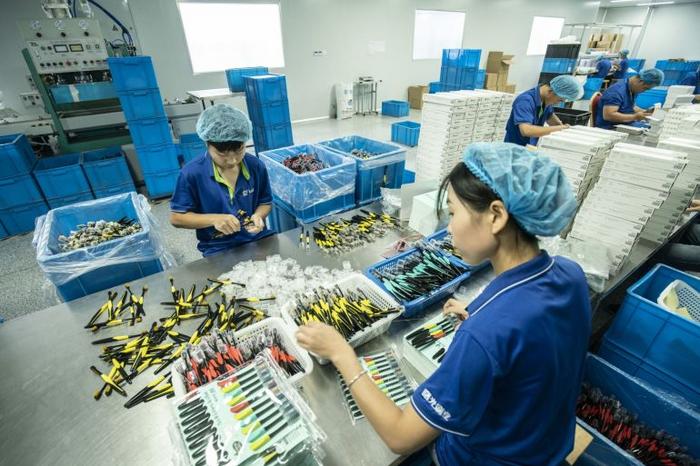
Could the tradition of American craftsmanship be the key to unlocking superior guitar sound? As a musician and craftsman myself, I’ve often pondered this question while exploring where and how iconic instruments like Epiphone guitars are made. The relevance of factories in the USA cannot be understated when considering the production process of these beloved instruments. When I delve into the core of their American counterparts, it becomes clear that the made in USA label signifies more than just a location. It embodies a commitment to quality and painstaking attention to detail that can dramatically enhance both sound quality and durability.
My firsthand experience with American-made instruments continually reaffirms this. These factories are not just assembly lines but hubs of innovation where artisans blend traditional techniques with modern technology. Understanding this intricate dance between history and progress further shapes my appreciation for each guitar’s unique sound profile.
When Did Epiphone Change Their Production Locations?
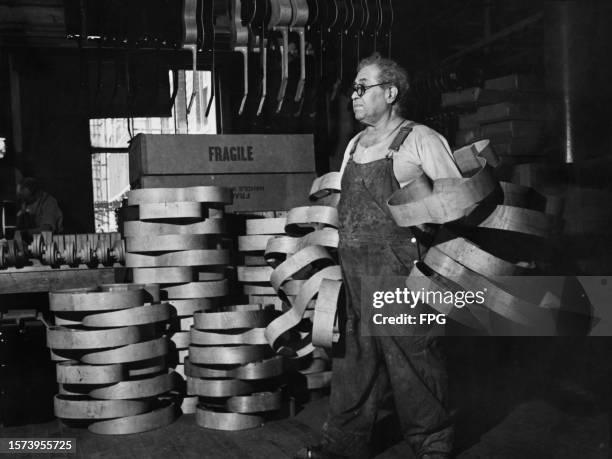
As a luthier and a musician, understanding the transitions of a brand like Epiphone is akin to peering into the soul of the instruments we hold dear. What pivotal moments have shaped the history of Epiphone’s production landscape? The journey is as varied and intricate as the guitars themselves. My exploration of when Epiphone shifted its production sites reveals layers of strategy and necessity, honed over decades.
In the late 20th century, Epiphone began moving its manufacturing to Japan. This move was a direct response to rising costs and competition in the U.S. market. By the 1980s, much of Epiphone’s production had settled in Korea, where maintaining craftsmanship at an affordable price became a priority. The next phase began around the early 2000s, when production largely transitioned to China, honing operational efficiencies without sacrificing quality.
Throughout these changes, I’ve seen how each geographical shift provides not just a different setting, but a fresh perspective on the art of guitar making. These moves might seem like mere logistics, but they represent the evolving heartbeat of Epiphone, striking a balance between heritage and innovation. Understanding these shifts allows me, and musicians alike, to appreciate the nuanced tones of each era.
Where are the Most Popular Models Made?
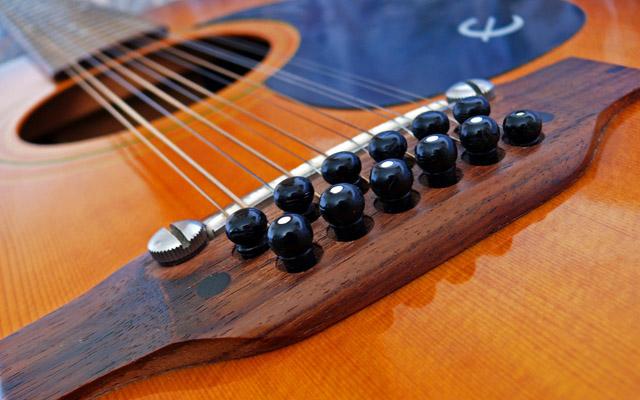
As a musician who has spent years untangling the curious magic behind each strum of an Epiphone guitar, I’ve come to appreciate the significance of their origins. Many musicians are surprised to learn that the model’s popularity often correlates with meticulous production practices, affecting how those guitars resonate on stage. This realization led me on a journey to discover, with genuine fascination, just where these beloved models are crafted.
Which factories are responsible for producing the iconic sounds behind the most beloved Epiphone models?? This question isn’t merely academic; it cuts to the heart of tone, reliability, and artistry. Epiphone’s legacy of lush, resonant sound owes much to the factories in China, where masterful crafting harbors an uncanny blend of precision and tradition. Yet, the story doesn’t end there. American factories, with their storied pasts and innovative strides, also play a crucial role in shaping Epiphone’s most celebrated models.
Traveling between these diverse sites, from bustling Chinese cities to the serene craftsmanship found in Nashville, I realized that the soul of an Epiphone guitar is a tapestry of global dedication. This melding of international expertise creates the distinctive sound that resonates with fans worldwide, whispering its impeccable heritage through every chord.
Why Choose Epiphone Over Other Brands?
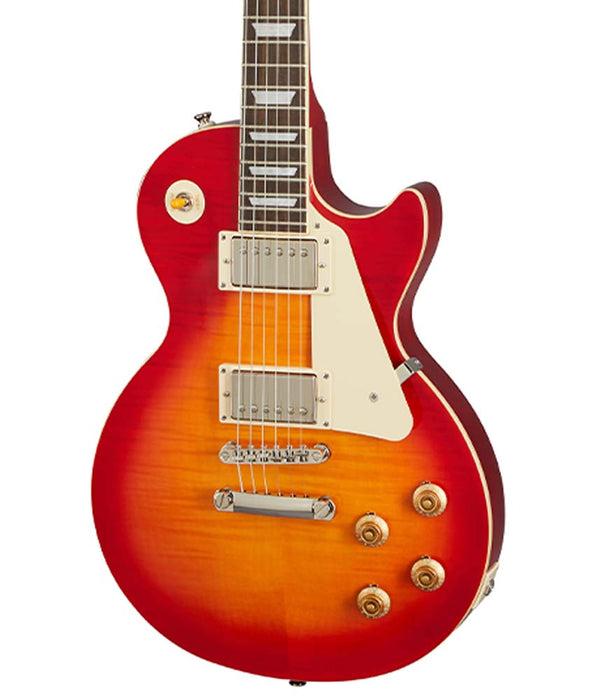
Throughout my years as a luthier, I’ve consistently discovered the subtle yet remarkable qualities that define an exceptional guitar. While brand prestige often captures the eye, it is the intrinsic attributes of an instrument that should dictate a musician’s choice. So, what specific qualities make Epiphone an irresistible choice for musicians around the globe? Having explored the intricacies of countless guitars, I can confidently say Epiphone stands out for several compelling reasons.
First, the craftsmanship. Even as Epiphone expanded its production to locations like China and the USA, the commitment to quality has remained steadfast. The meticulous attention to detail in their construction process reflects an understanding of both tradition and innovation. As a musician and an artisan, this resonates with me deeply; it feels as though Epiphone speaks our language—the language of sound and precision.
Moreover, the versatility of Epiphone models is genuinely commendable. Whether you are a beginner just finding your rhythm, or a seasoned player with a distinct style, there’s an Epiphone that aligns perfectly with your needs. This adaptability, paired with affordability, offers artists a democratically superior choice without compromising on quality or style.
In essence, choosing Epiphone is more than just acquiring a guitar—it’s about embracing an instrument that enhances your musical journey. My exploration into their production and craftsmanship reaffirms why Epiphone should be at the top of every musician’s list.
FAQs
Where are Epiphone guitars currently manufactured?
How do Epiphone’s manufacturing locations affect quality?
Are there any models still made in the USA?
What are the benefits of Epiphone’s manufacturing process?
Conclusion
How can understanding guitar production enhance your appreciation for music? Reflecting on the journey of Epiphone guitars from the bustling factories in China to the select production in the USA, I’ve found a profound respect for each instrument’s unique story. Knowing where Epiphone guitars are made uncovers an intricate tapestry of craftsmanship and innovation that underlies every note I play, connecting me intimately to a tradition of quality and diversity.
Epiphone production, blending modern technology with classic techniques, not only informs our choices as musicians but enriches our experience with the brand’s rich history. By understanding when and why Epiphone shifted its production, we hold a key to valuing its enduring appeal and versatility. These guitars not only symbolize an accessible entry into quality musicianship but also celebrate the global network of artisans dedicated to their craft. My exploration has not just been about guitars—it has been about embracing the nuanced artistry that resonates in every melody.
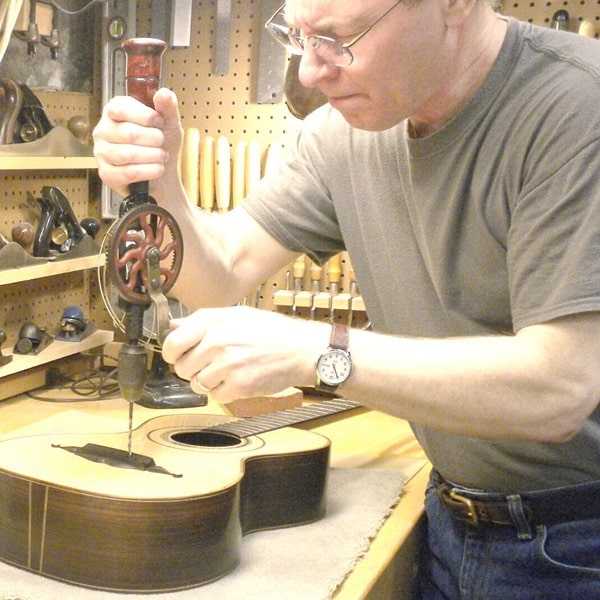
R.M. Mottola, an engineer-turned-luthier, revolutionizes stringed instrument design with his deep focus on acoustics and ergonomics since 1994. As editor of the Savart Journal and a key contributor to American Lutherie, Mottola merges science with artistry in lutherie. He enriches the field with his extensive knowledge, shared through his Liutaio Mottola website, making him a beacon in the world of modern instrument craftsmanship.
